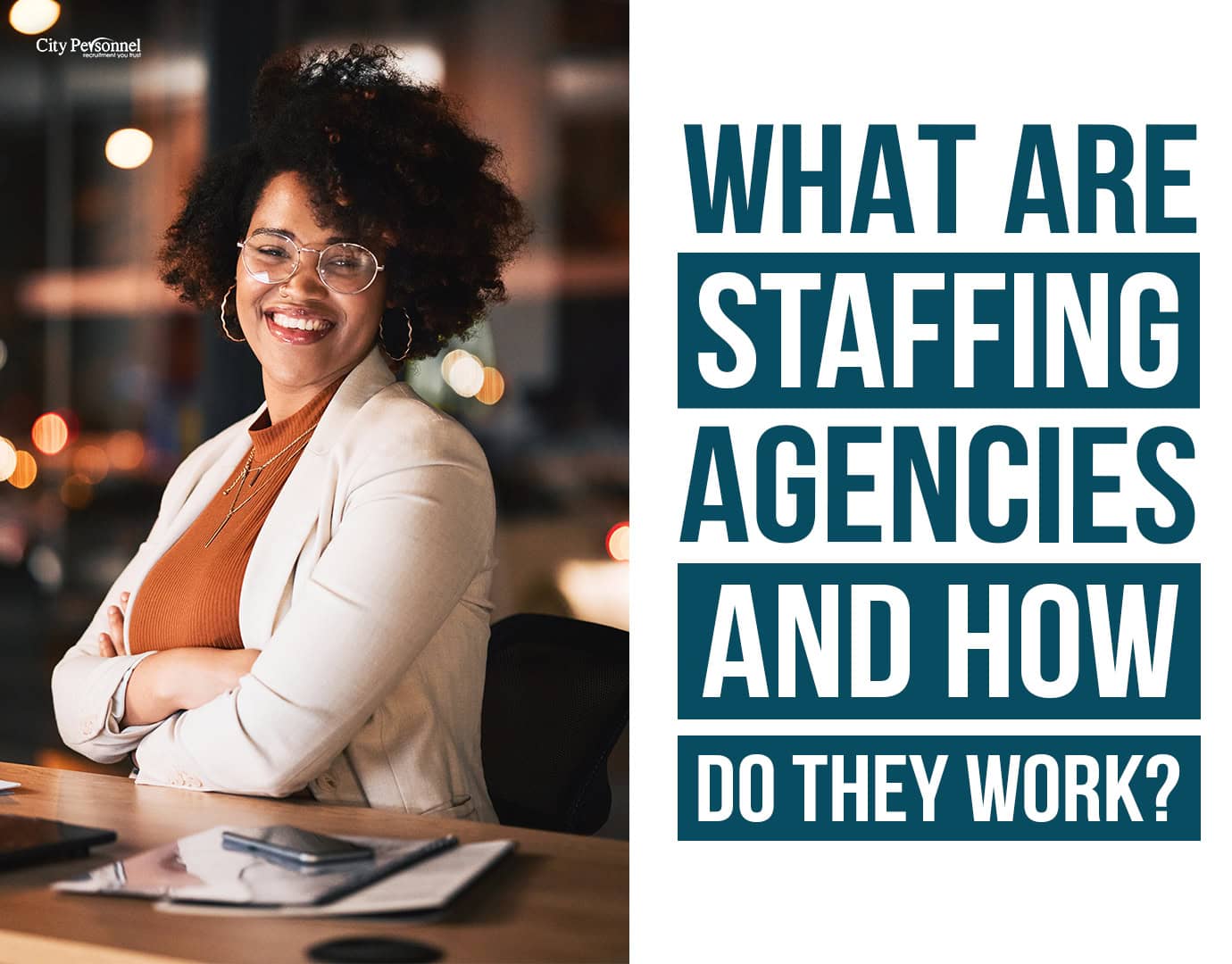A failed background check for a job candidate can stir up significant challenges for employers. Obviously, hiring the wrong fit can be detrimental to your business. Plus, there are laws that must be taken into consideration when an individual fails their screening checks. Understanding the legal frameworks and being aware of best practices to handle matters like these is critical in order to ensure both maximum compliance and a hassle-free recruiting process.
In this blog post, we will cover how you as an employer should approach complicated situations where your candidate fails a background check so that you stay in accordance with relevant regulations while also minimizing any negative impacts on your company’s operations and reputation. The most important thing for your business it to handle failed background checks correctly.
What is a background check, and why is it important for employers?
A background check is an in-depth review of an individual’s past, including criminal history. The purpose of doing this type of due diligence is to ensure that the person being hired is reliable, trustworthy, and has the appropriate qualifications and qualifications required for the job.
Background checks can vary greatly depending on the job and the employer. For instance, a background check may include running a criminal record search, verifying references, checking education and employment history records, searching public records such as court cases or bankruptcies, conducting financial background checks, and more. Many employers utilize third parties to conduct these checks with access to databases that provide comprehensive information about an individual’s past experiences.
By performing extensive background checks on potential hires, employers are able to make informed decisions about who will be best suited for their positions and increase workplace safety for all employees. Further, employers have an ethical obligation to protect their customers from harm by ensuring that those they employ have not had any serious issues in the past that may negatively impact their ability to do the job properly or safely.
If your candidate fails a background check, it can be difficult for both you and the candidate involved – but it does not mean that you have no other options available to you. It is important to remember that there may be extenuating circumstances or false positives in some cases, which could explain any issues found during your search. If this is true in your case, then it could be worth considering offering more guidance or training during onboarding so as to ensure they are prepared for the role they are applying for.
Additionally, if there is something serious found in someone’s past, but they seem like they would still make a great employee, then employers should consider having a conversation with them first before dismissing them outright – as this might help them prove why they’d still make a great hire despite their past.
Understanding the Legal Frameworks for Handling Failed Background Checks
When an employer orders a background check on a potential applicant, the results of that check could have a big impact on the hiring decision. While some background checks may come back with clear results, others may fail due to various reasons. In such cases, it is important for employers to fully understand the legal frameworks for handling these failed checks and any associated risks.
The first step employers should take when dealing with a failed background check is to identify what type of background investigation was conducted. Depending on the jurisdiction and industry sector, different laws and regulations may apply. For example, in some jurisdictions, employers are not allowed to consider criminal records older than seven years, while in other jurisdictions, they can consider any criminal record regardless of age. It is also important to note that certain industries might have additional restrictions or requirements relating to background checks that must be taken into account before making a decision on an applicant.
It is also crucial for employers to understand their obligations when communicating information related to the failed background check with the potential applicant. The Fair Credit Reporting Act (FCRA) requires employers to provide written notice prior to taking any adverse employment action regarding a failed background check and allow applicants enough time to review their report and dispute any inaccuracies if needed before making a final decision about them. Employers should always consult legal counsel if uncertain about their obligations under this law, as failure to comply can result in serious penalties or even lawsuits from disgruntled applicants.
Best Practices for Employers When an Individual Fails Their Screening Check
In order to make sure that all hiring processes are handled in the most responsible and ethical manner possible, there are certain best practices that employers should follow when dealing with such a situation.
First of all, employers must always maintain confidentiality and respect for the applicant’s privacy. This means not discussing their results with anyone else besides those within the organization who actually need to know about them. Employers should also provide full disclosure to the applicant on why they failed the check, how their results were obtained, and what rights they have under applicable laws or regulations.
It is important to note that while some information may be disqualifying to an employer’s standards, it may not necessarily be illegal or violate any state or federal law. That being said, if an individual fails their screening check due to any type of criminal history—even if it is not recent or relevant—employers should take extra care in making sure that any decision regarding the candidate’s disqualification is based on factors other than race, color, religion, sex (including pregnancy), national origin, age (40 or over), disability or genetic information.
Employers should also keep in mind that failing a background check does not necessarily mean that an individual is automatically disqualified from consideration for a position. Depending on the facts of each case, certain circumstances may exist which allow employers to look at mitigating circumstances and consider exceptions to their policy guidelines in regard to hiring decisions related to failed screening checks. However, it is important for employers to ensure that they have processes in place so that any decisions made are consistent with applicable laws and regulations, as well as fair and equitable treatment across all cases.
Summary of Advice and Preventative Measures when Handling Failed Background Check Situations
When a potential employee fails a background check, it is important to understand the situation and act accordingly. There are several steps that employers and job seekers alike should take to ensure a fair and consistent outcome.
First, it is essential for employers to understand the laws and regulations that dictate the types of background checks allowed for employment purposes. This can vary from state to state, so it is important to consult local regulations before proceeding with any decisions related to hiring or conducting a background check.
Second, employers need to be aware of any rights that are afforded to applicants when they fail a background check. This includes understanding how their information was obtained, how long their data is kept on file, and what they can do if they feel their rights have been infringed upon. Employers should also make sure they are in compliance with the Fair Credit Reporting Act (FCRA) when utilizing third-party services as part of their screening process.
Third, employers should be prepared to explain why an applicant failed the background check and provide them with an opportunity to dispute any errors or inaccuracies that may have led to their disqualification. Job seekers should also be given instructions on how these issues can be corrected, if possible, so that future employment opportunities remain open.
Finally, employers should strive for consistency in decision-making by documenting each step taken when considering disqualified applicants due to failed background checks so that all parties involved are treated fairly and equally.
By following these steps, employers can help ensure better outcomes for both themselves and applicants when faced with failed background checks situations. By operating within legal frameworks and being cognizant of applicants’ rights, employers can make sure everyone involved is treated fairly throughout the hiring process while still minimizing risks associated with negligent hiring practices.
We’ve gone over a lot of information about what to do when a candidate fails a background check: understanding the legal frameworks in place, best practices for employers, and ways you can minimize the negative impacts on your company’s reputation. Though it’s unfortunate to have to face these kinds of situations, it is invaluable to have an understanding of the options available. The best thing an employer can do is be prepared.
Make sure you have strict hiring guidelines, appropriate corrective action if and when necessary, and policies that promote thorough background checks before making any kind of final hiring decisions. That being said, if errors occur or a candidate fails their screening check – you must take full responsibility as an organization and take all preventative measures accordingly.
If you are looking for additional help filling your job openings, we can help!








